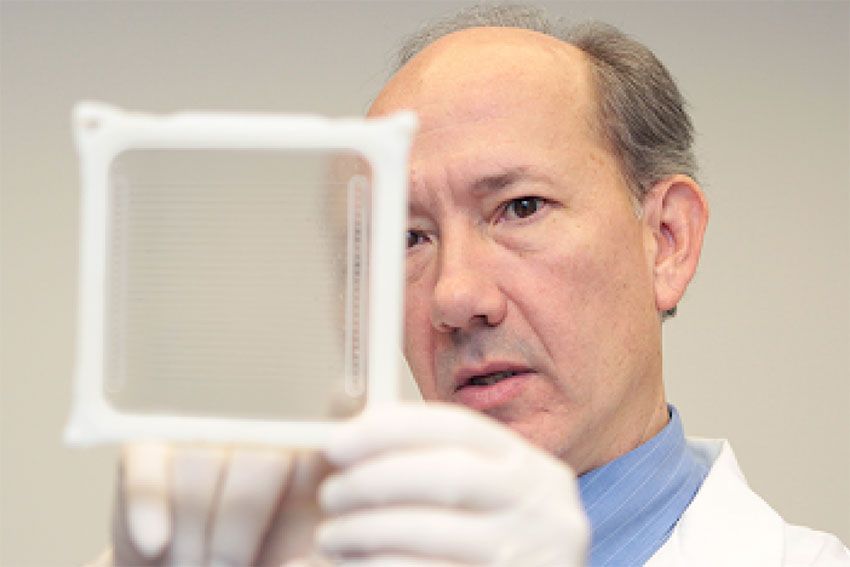
In a recent study, Tim McCaffrey, PhD, professor of medicine at the George Washington University (GW) School of Medicine and Health Sciences, led a team of researchers conducting the largest RNA expression analysis of human coronary artery disease (CAD) to date. The study, a public-private partnership with SeqLL, and with support from The St. Laurent Institute and True Bearing Diagnostics, included researchers and physicians from GW as well as Inova Health System (Inova).
Diagnosis of CAD is typically based on coronary angiography, an imaging process used to detect restricted blood flow in the heart’s major arteries. Up to 40% of the 1 million cardiac catheterizations performed in the U.S., however, have a “no blockage” test result, despite clinical indications. To improve diagnostic options, McCaffrey’s study used a cutting-edge sequencing method to identify an RNA signature in the whole blood of CAD patients who had received diagnoses via angiographies.
“Using this method, our team was able to read 50 million individual strands of RNA per patient and identify specific RNA transcripts that were altered in patients with coronary disease,” McCaffrey said. He added that cardiologists were able to collect the blood while the patients underwent angiographic imaging of their arteries.
Between two cohorts, one at GW, the other at Inova, McCaffrey and the research team pinpointed new biomarkers from the identified genes that could lend insight into the cause of CAD. For instance, they determined that patients with atherosclerosis had reduced activity of their regulatory T-cells, or suppressor T-cells.
“Accumulating evidence suggests that autoimmunity may play a significant factor in CAD. Based on the gene expression pattern in our studies, it appears as though the patient’s immune system becomes stressed, which causes an inappropriate attack on their own arteries,” McCaffrey explained. “This immune connection extends to COVID-19 as well, as patients have experienced heart-related issues following their bouts with the virus. Using this new method, blood tests for diagnosing CAD could transform health care.”
His paper, “RNA Sequencing of Blood in Coronary Artery Disease: Involvement of Regulatory T-cell Imbalance,” appears in the September issue of BMC Medical Genomics.


